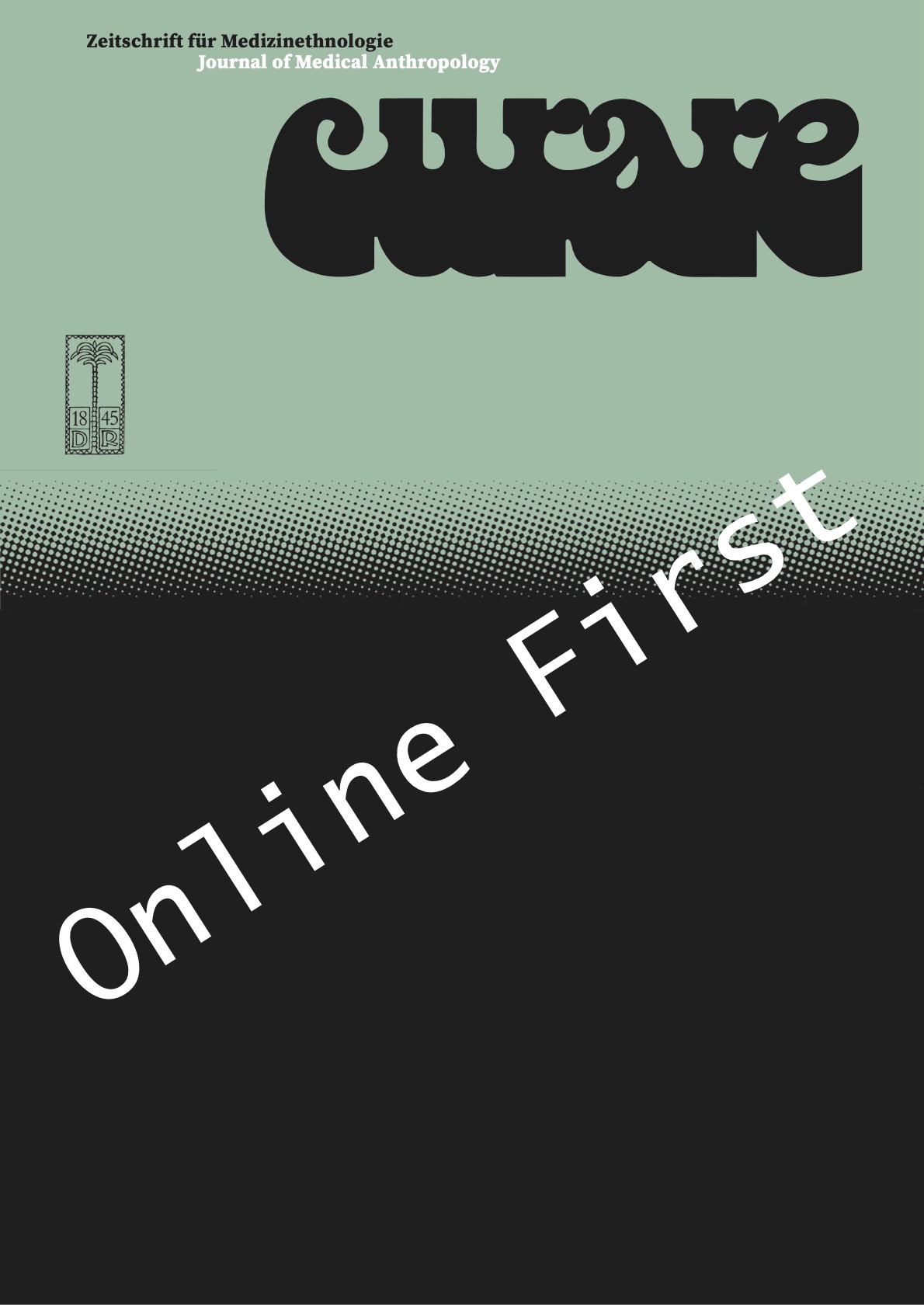Patient-Physician-Relationship in Cancer Care – Relevance and Ambivalences as Perceived by Oncologists
DOI:
https://doi.org/10.60837/curare.v1i1.1869Keywords:
trust, relationship, therapeutic alliance, oncology, ambivalencesAbstract
A major function of patient-physician-communication is building a trustful relationship and a therapeutic alliance between patient and physician. However, building trustful relationships to patients is subject to ambivalences. There are role expectations including affective neutrality, that stand in contrast to this function. Moreover, translation into every day routine is constricted by lack of time or lack of tools, and building a trustful relationship with the patient is a personal challenge. This qualitative study based on semi-structured interviews with oncologists was conducted to explore oncologists’ perceptions and experiences of the relevance of trusting relationships to their patients and to examine sources of ambivalences. The results show that a trusting patient-physician-relationship is for oncologists an important prerequisite for successful cancer treatment in terms of open communication, adjustment of treatment to patients’ needs, compliance, control of adverse events, activation of patient’s resources, patients’ treatment confidence, reduction of patients’ anxiety, meeting family and caregiver needs and patients’ coping efforts. Supporting critically ill patients can be both enriching and stressful. Being rejected by patients in case the therapy does not work was experienced as painful by some oncologists. There is a need for support for oncologists to establish trustful patient-physician-relationships during their patients’ cancer journey. The support will have to address contextual factors, communication skills and the attitude needed to face the personal challenge of building trustful patient-physician-relationships. It should provide a protective environment to reflect on one’s own fears and challenges in building relationships with patients.
Downloads
Published
Issue
Section
License
Copyright (c) 2024 Curare. Journal of Medical Anthropology

This work is licensed under a Creative Commons Attribution-ShareAlike 4.0 International License.

